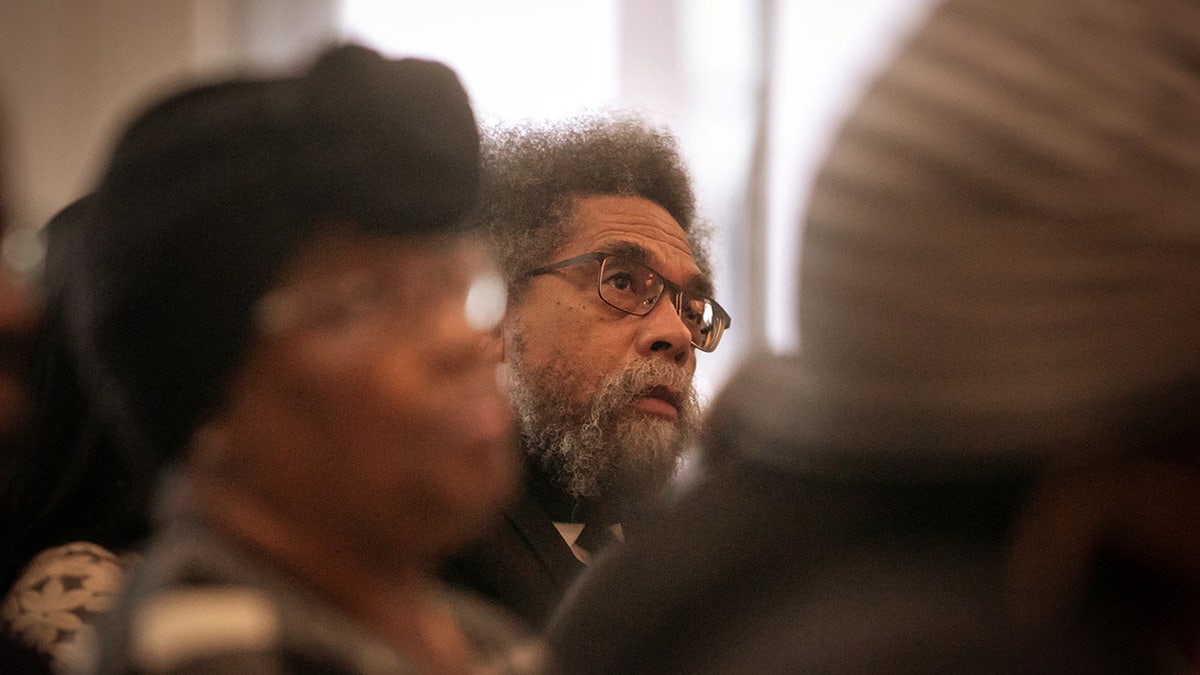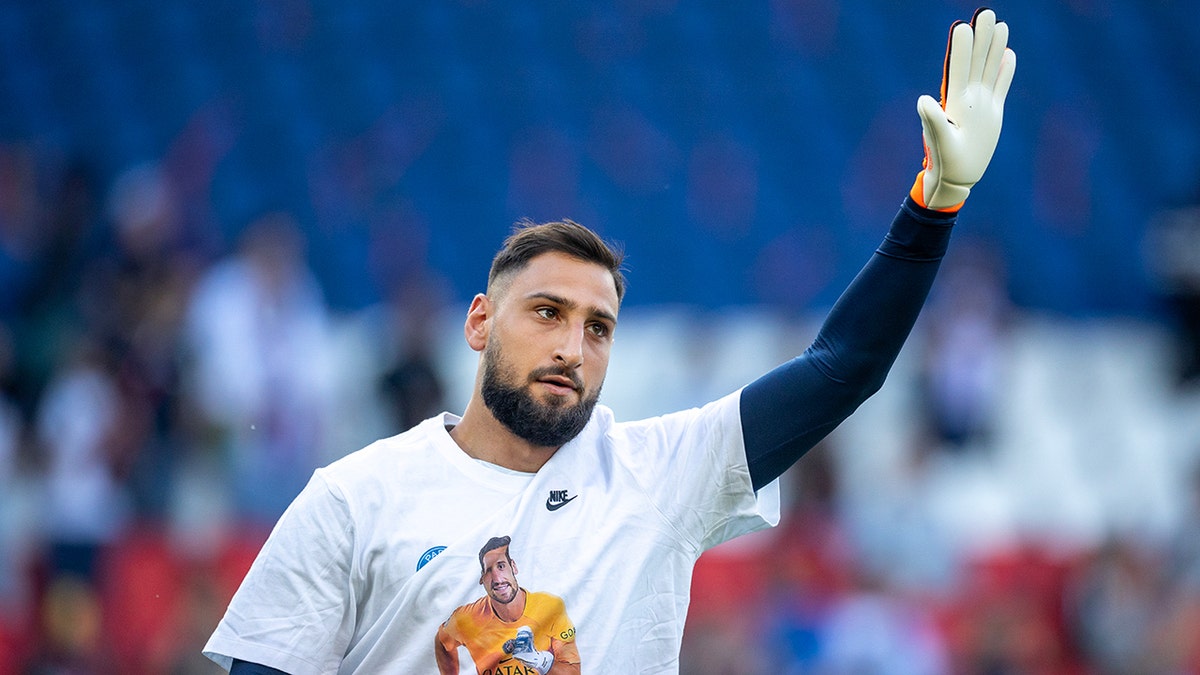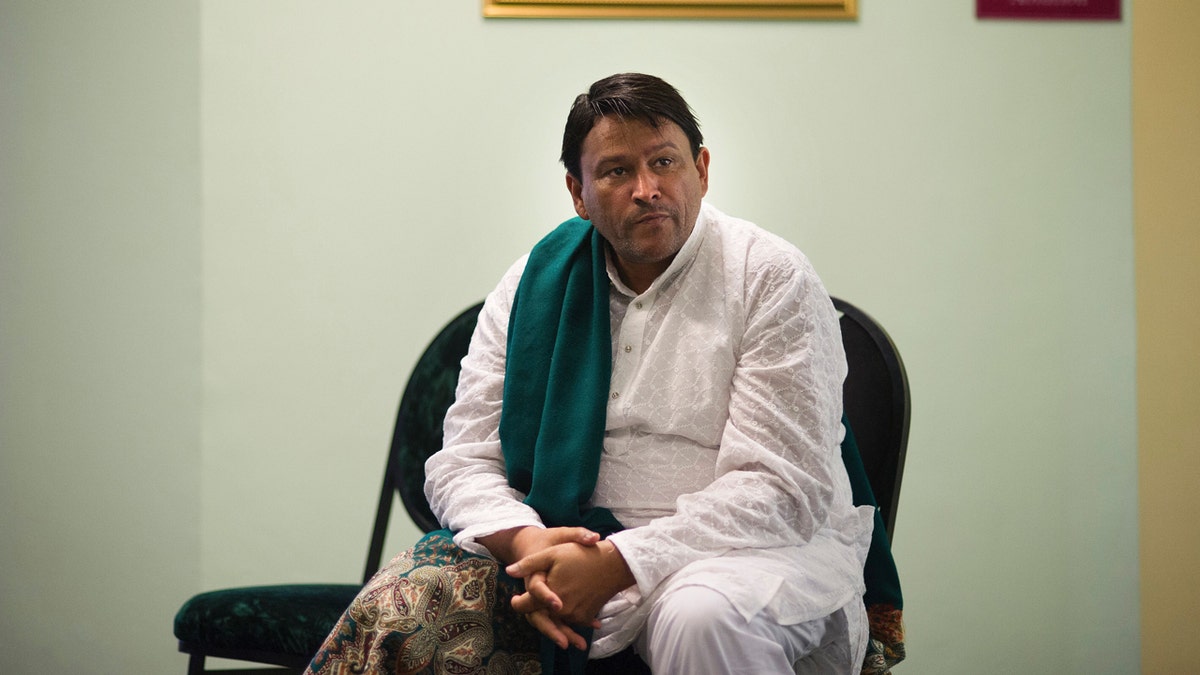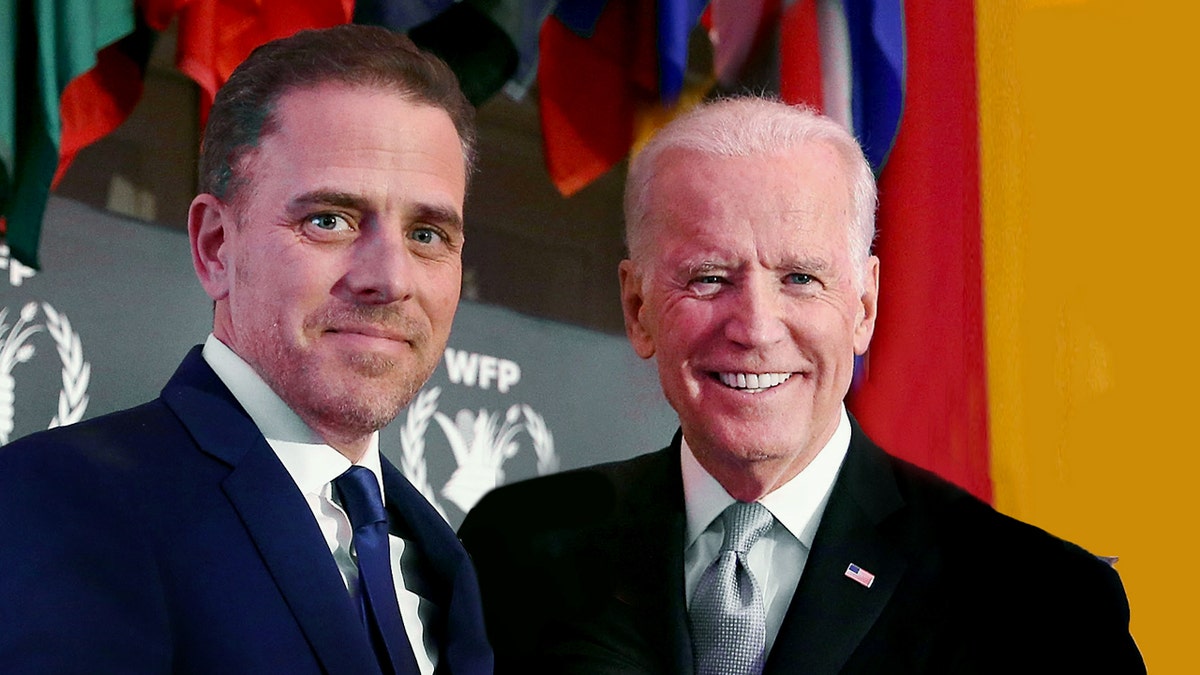A recent Quinnipiac University national poll reveals that a significant portion of American voters are open to considering a third-party presidential candidate in the upcoming 2024 election. This sentiment comes as neither President Biden nor former President Trump enjoys overwhelmingly positive favorability ratings.
The poll indicates an even split among voters, with 47% stating they would consider a third-party candidate and 47% rejecting the idea. This suggests a potential appetite for alternative options beyond the established Republican and Democratic frontrunners. Independents are particularly receptive to a third-party contender, with 64% expressing openness compared to 30% who wouldn't consider it.
Among Democrats and Republicans, the majority are less inclined towards a third-party candidate. 61% of Democrats and 57% of Republicans indicated they would not consider such an option. However, a substantial minority within both parties – 35% of Democrats and 38% of Republicans – remain open to the possibility.

While the poll highlights the potential for a third-party candidate, the current landscape still favors the established frontrunners. Among Republican and Republican-leaning voters, Trump maintains a strong lead with 54% support, followed by Florida Governor Ron DeSantis at 25%. On the Democratic side, President Biden holds a commanding lead with 71% support, followed by Robert F. Kennedy Jr. at 14%.
Despite Kennedy's rising prominence, he has consistently affirmed his commitment to the Democratic Party, dismissing speculation of a third-party run. Meanwhile, other potential third-party contenders are emerging. Senator Joe Manchin's future plans remain unclear, as he has yet to announce whether he will seek re-election to the Senate or pursue a presidential bid. Author Cornel West, running on a Green Party ticket, is also viewed as a potential challenger to President Biden.
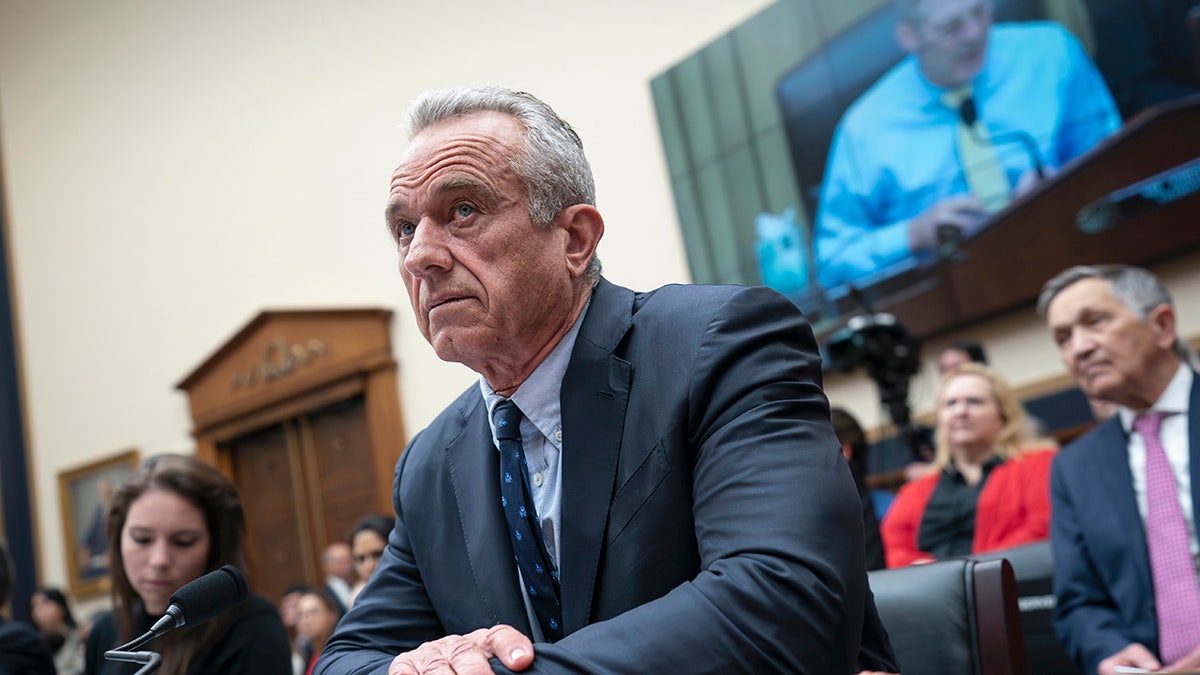
The bipartisan group No Labels is actively exploring a potential "unity" ticket for 2024, further adding to the intrigue surrounding the upcoming election. With over a year remaining until the election, the political landscape remains dynamic and open to shifts in voter sentiment and potential disruptions from third-party candidates.
